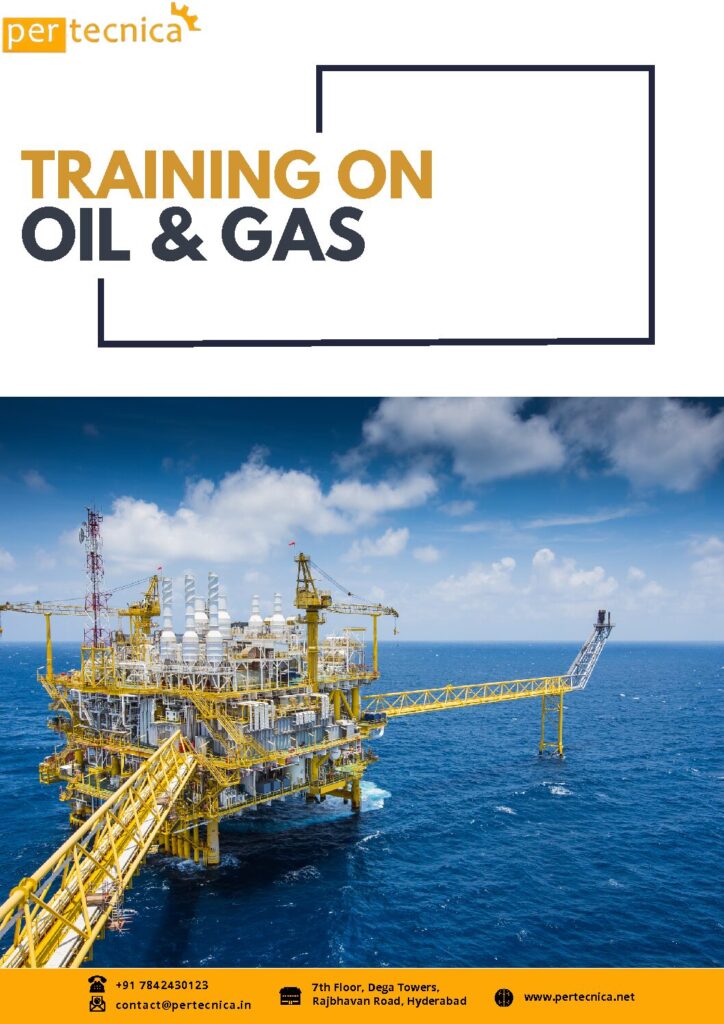Pertecnica Engineering stands at the forefront of employee training within the oil and gas sector, offering an extensive range of services aimed at enhancing expertise and operational efficiency. Our specialized training covers an array of critical areas, including upstream and downstream processes, safety protocols, drilling technologies, reservoir management, and environmental stewardship.
Through immersive workshops, hands-on simulations, and personalized coaching, Pertecnica equips professionals with cutting-edge knowledge and practical skills essential for success in the dynamic landscape of the oil and gas industry. Our unwavering commitment to excellence ensures clients benefit from optimized processes, heightened safety standards, and a highly skilled workforce ready to navigate challenges and drive innovation in oil and gas operations.

